Meet us at SPIE Photonics West 2026 • Booth #340
Did you know TracePro can model edge and aperture diffraction? Edge and aperture diffraction occurs when light is partially blocked by an edge and is then bent or diffracted. The method TracePro uses for modeling diffraction is asymptotically correct, or, in other words, it is correct for large-angle or wide-angle diffraction. TracePro will not show diffraction rings in the Irradiance/Illuminance Maps, but the energy under the curve is correct. TracePro can model diffraction from lenses and apertures. When modeling diffraction by an aperture, a dummy object will need to be added to the aperture. This edge and aperture diffraction capability is available in Standard and Expert Editions of TracePro.
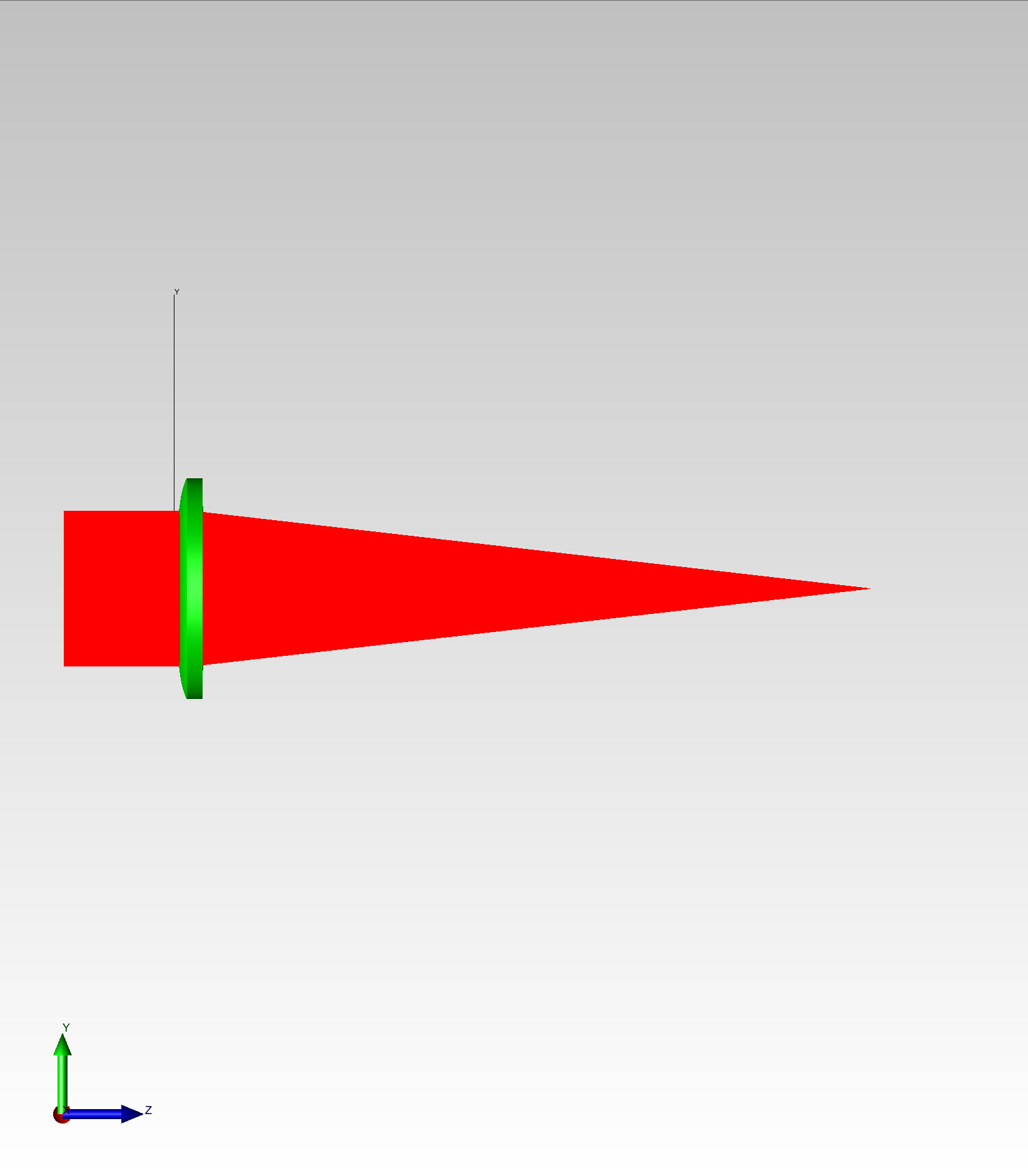
Figure 1: Singlet lens in TracePro
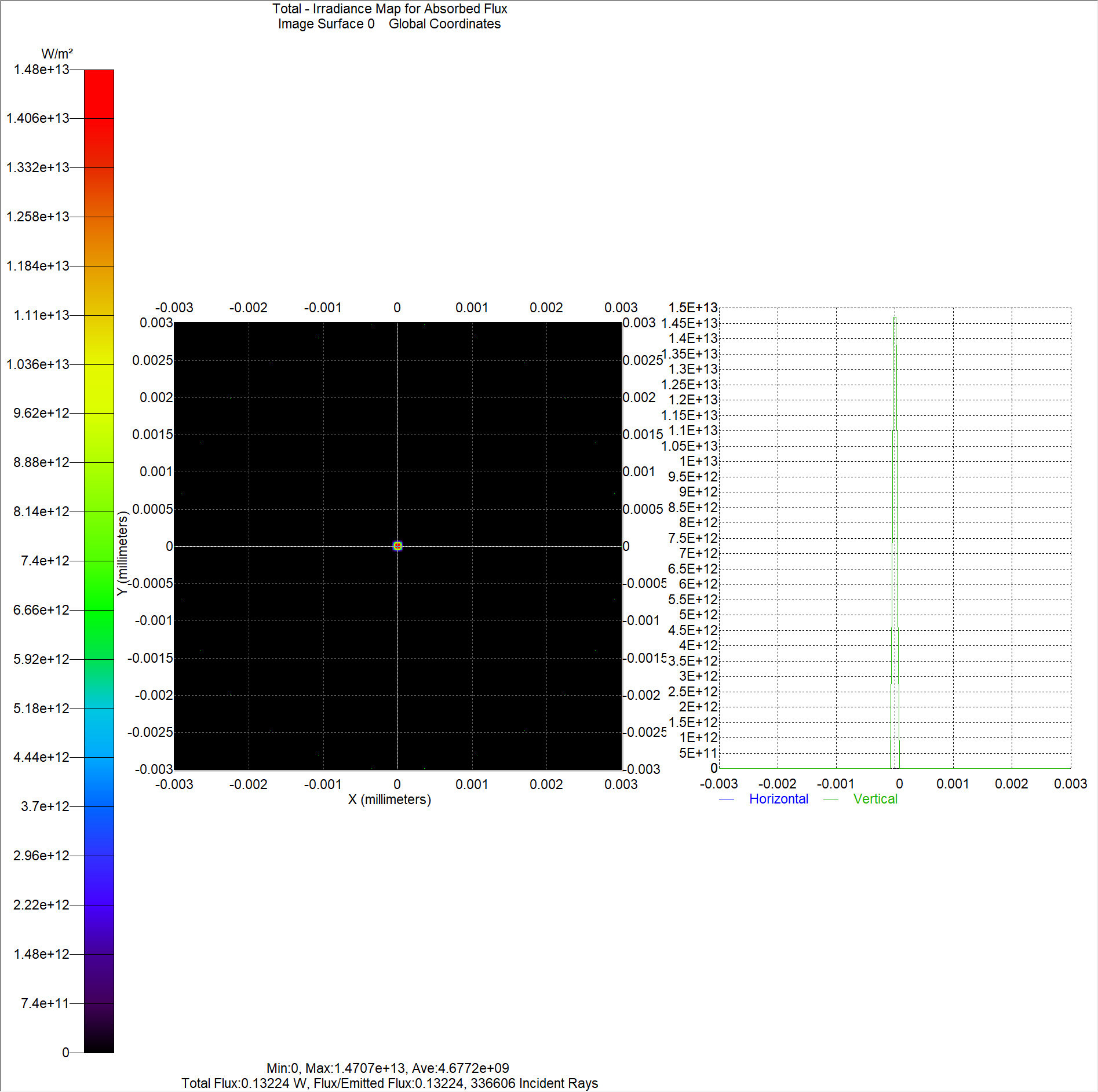
Figure 2: Focused spot with Diffraction Off
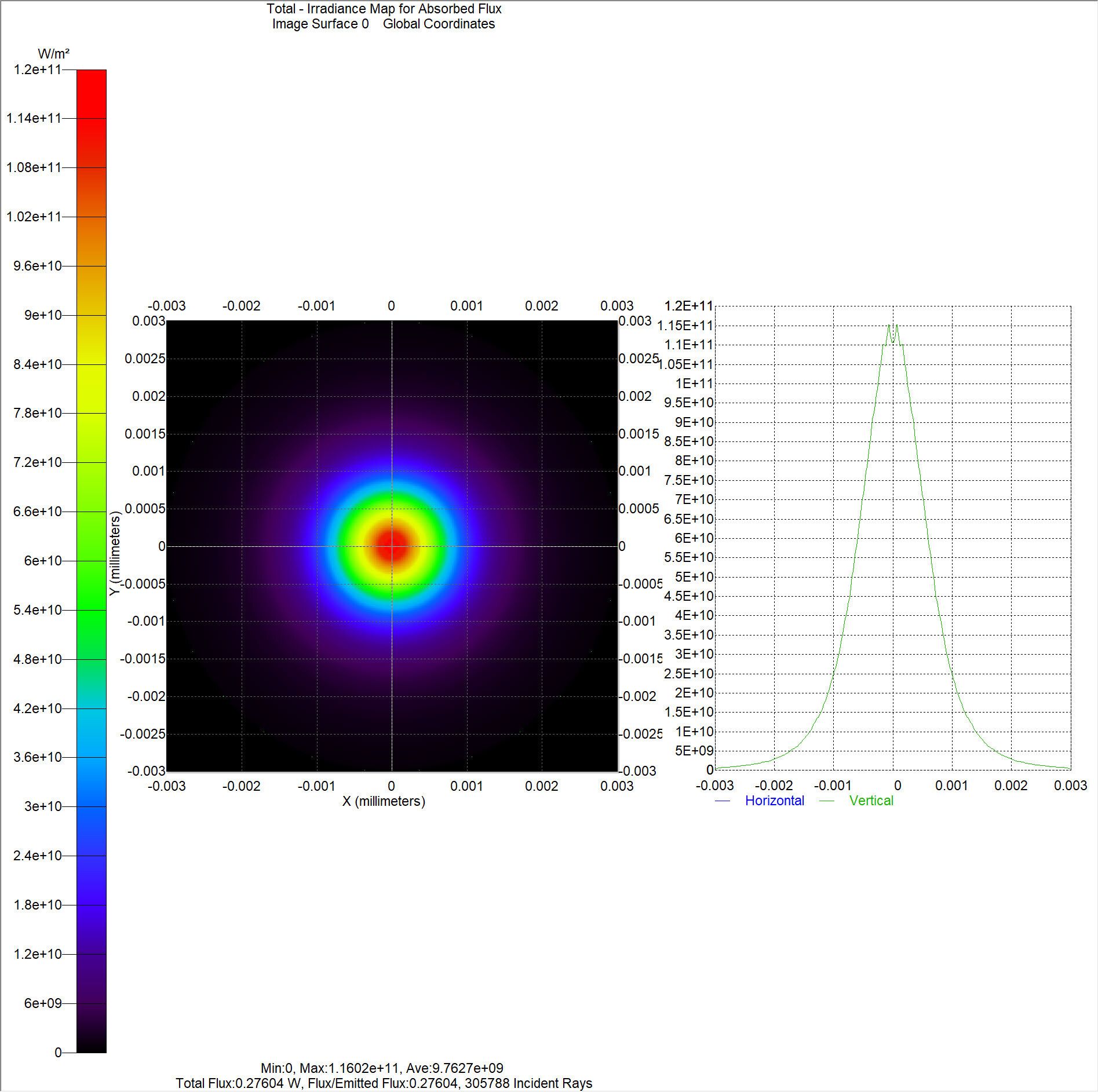
Figure 3: Focused spot with Diffraction On
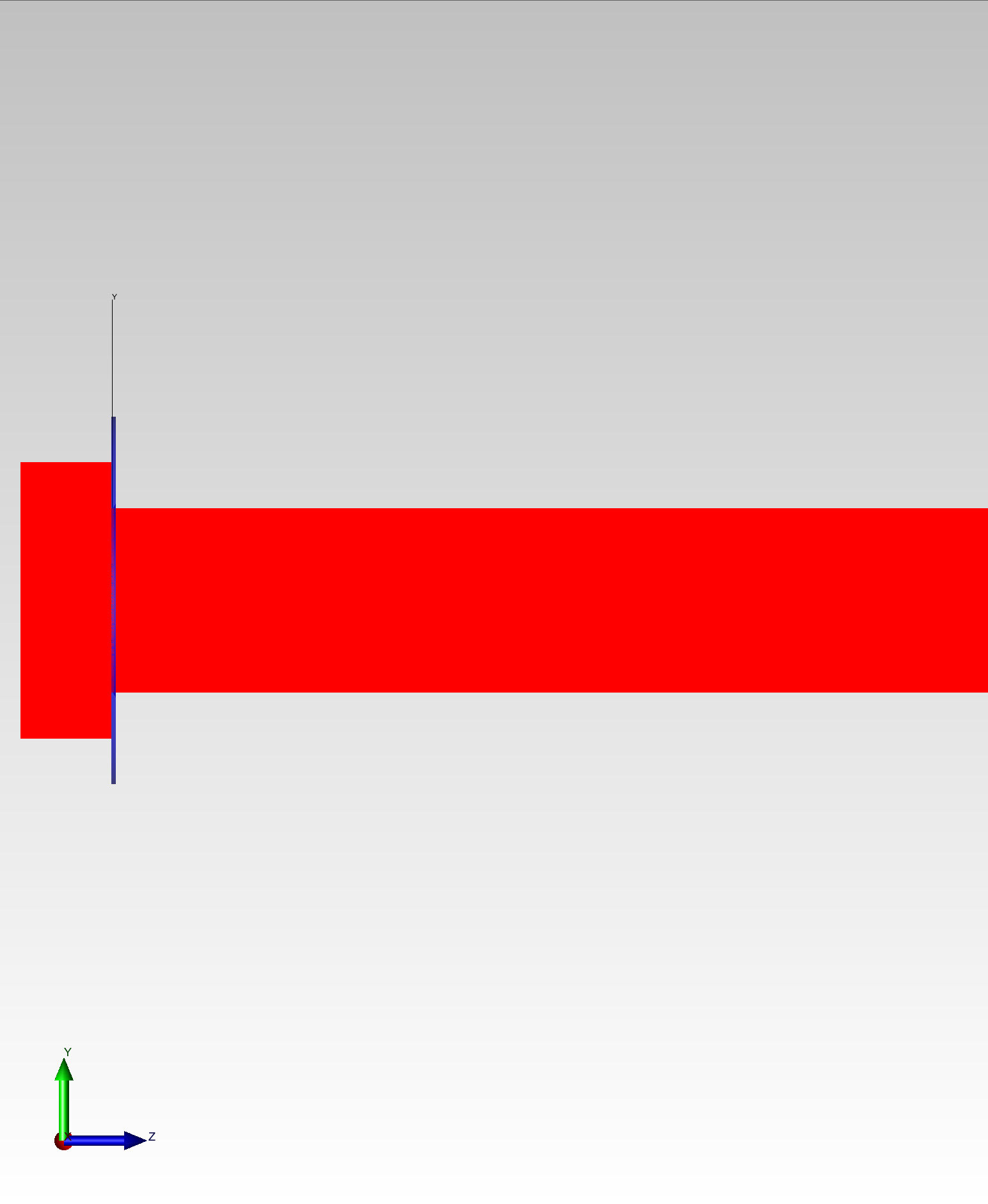
Figure 4: Aperture with Diffraction Off
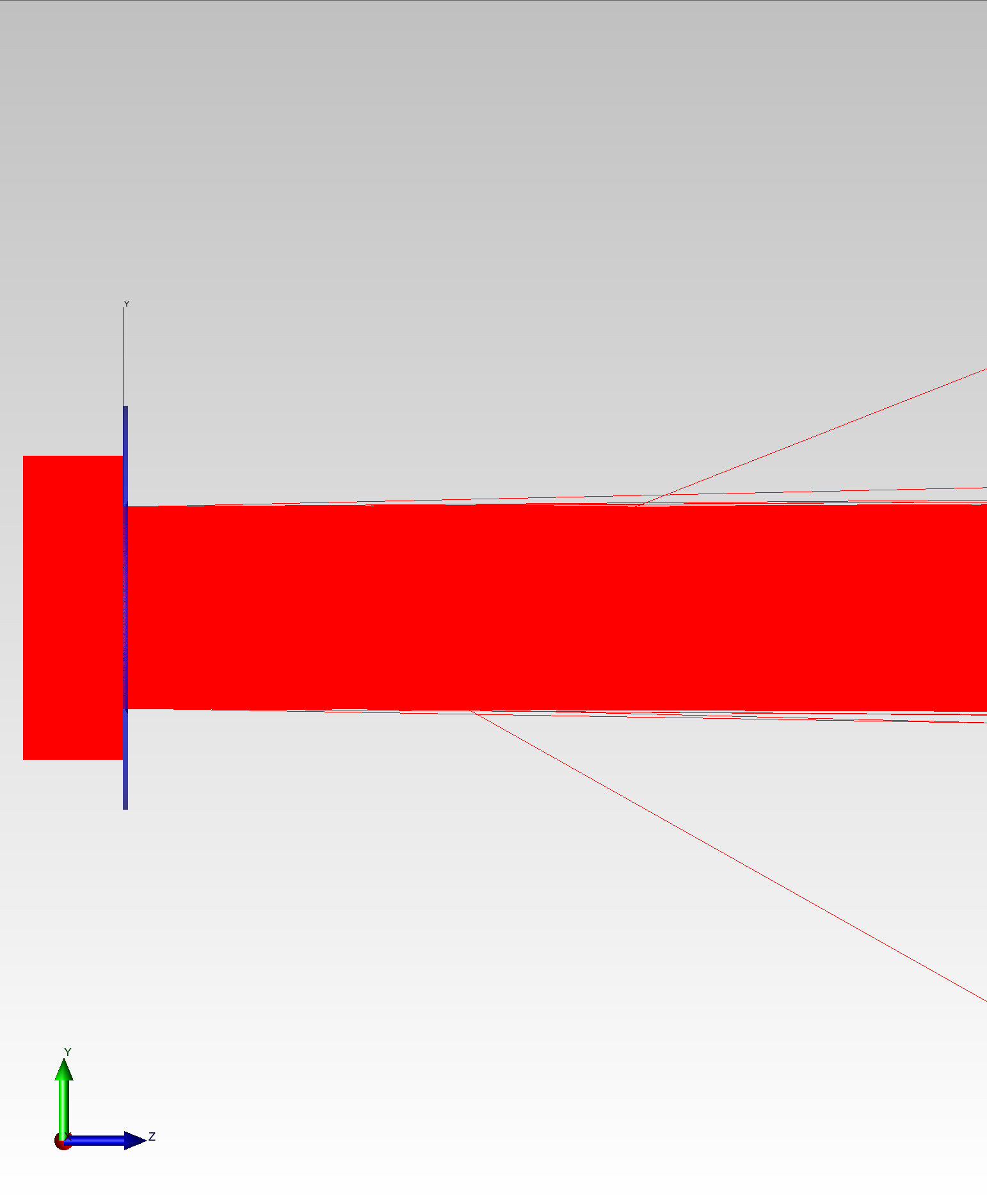
Figure 5: Aperture with Diffraction On